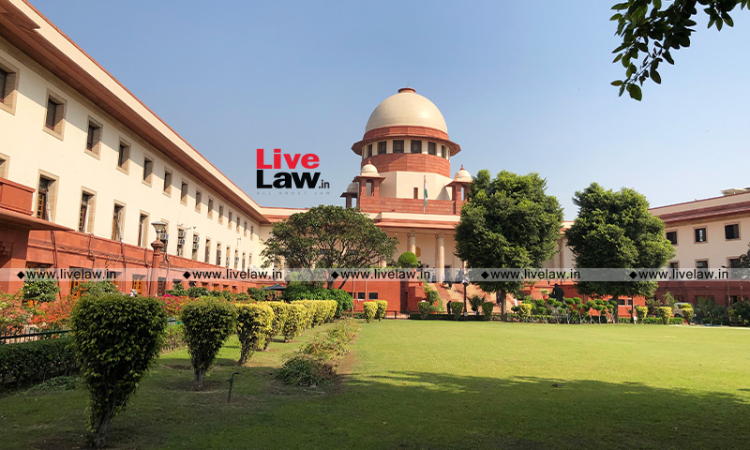Supreme Court Sets Aside Conviction & Dismissal From Service Of Retired Army Lt General In Alleged Ration Scam
Shruti Kakkar
24 March 2022 10:02 AM IST

Next Story
24 March 2022 10:02 AM IST
The Supreme Court on Wednesday set aside the conviction and dismissal from service of former Lt Gen SK Sahni for allegations relating to procurement of ration by Army purchase organisation. The bench of Justices L Nagswara Rao and BR Gavai set aside the conviction and dismissal of service while considering a criminal appeal preferred by Union of India assailing order dated 10th...
